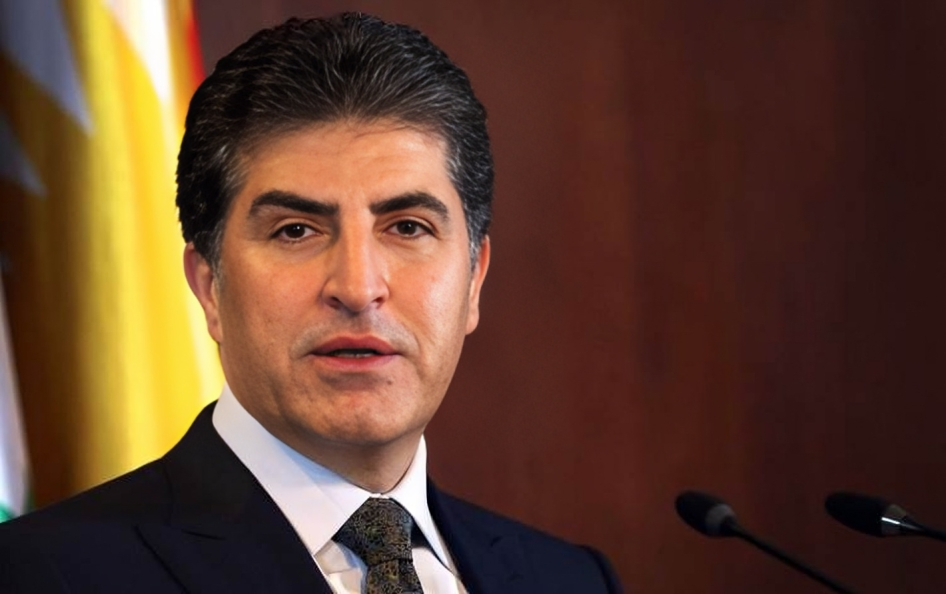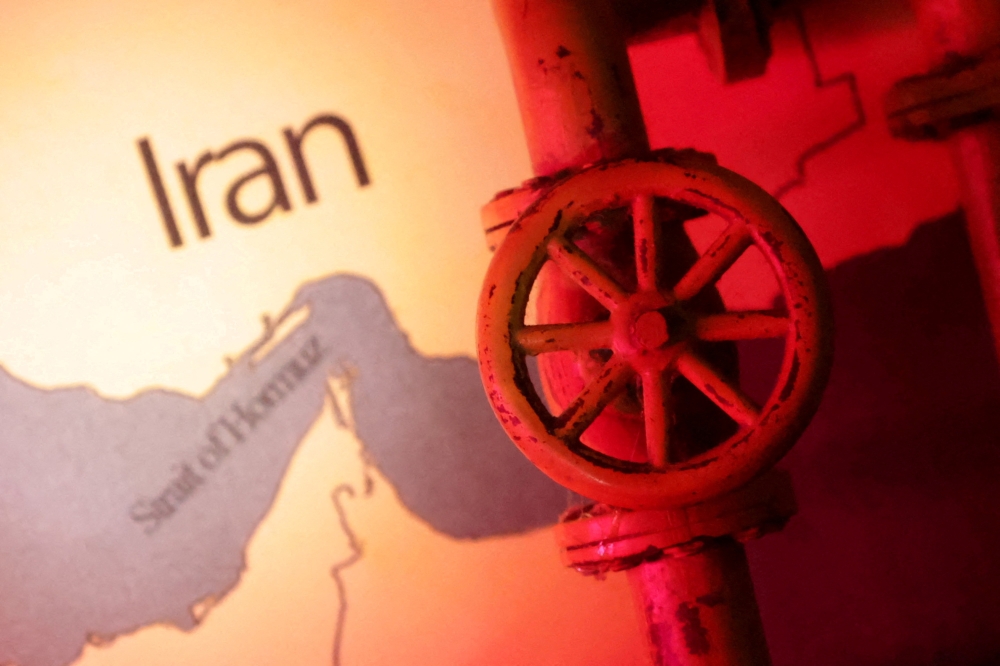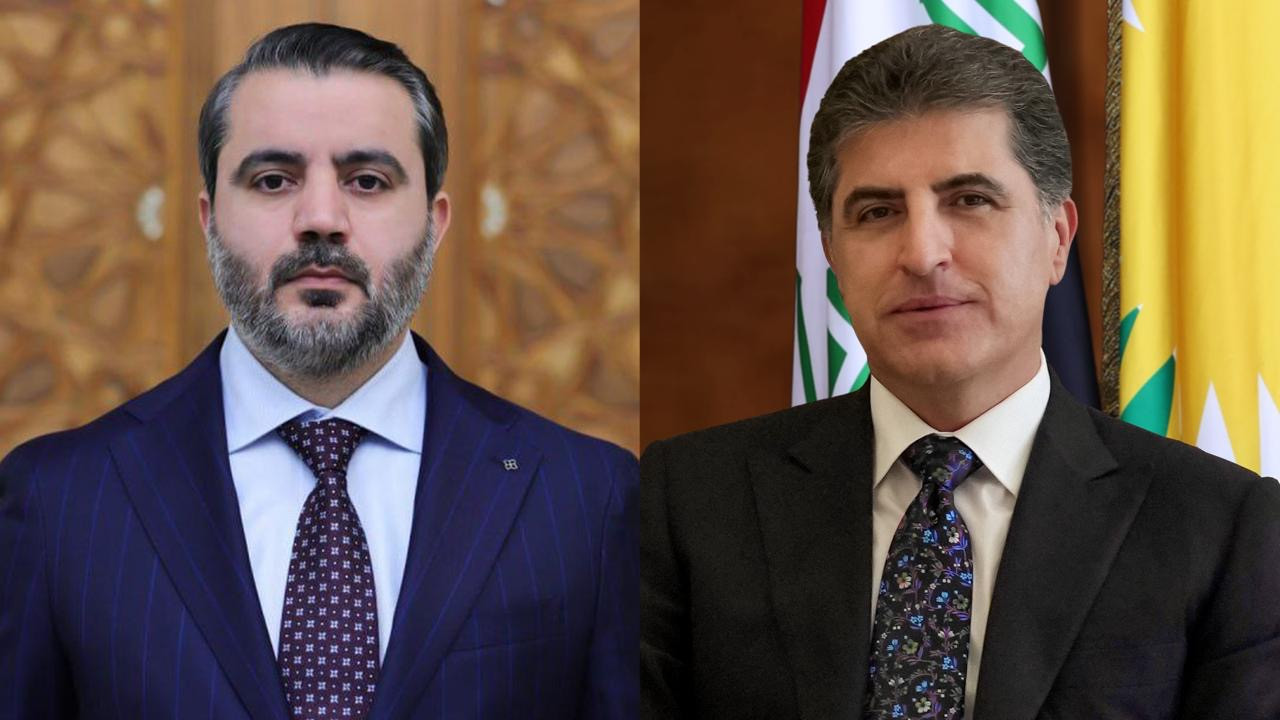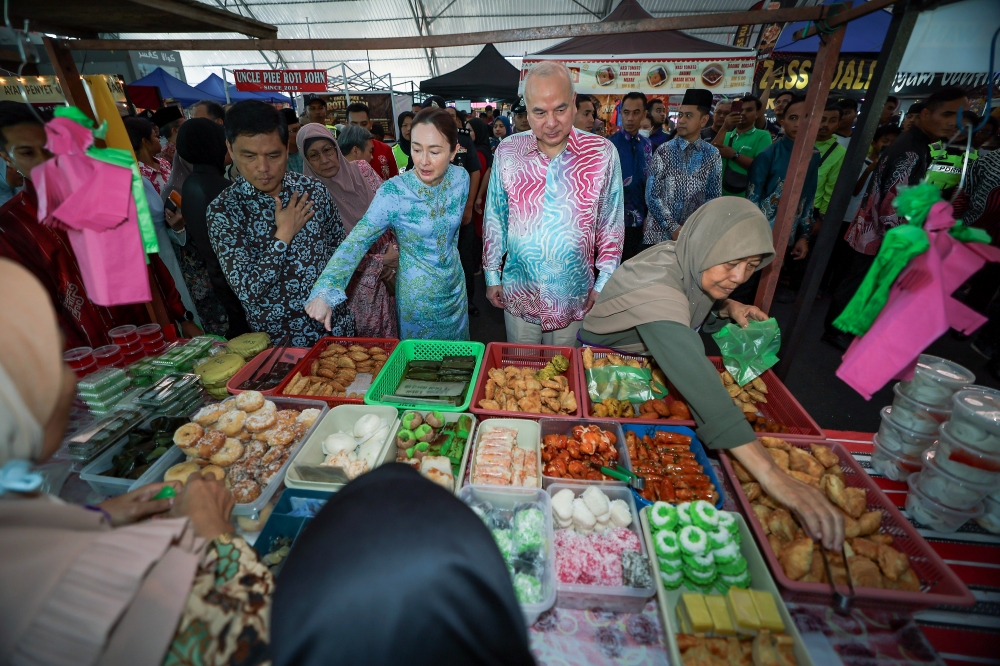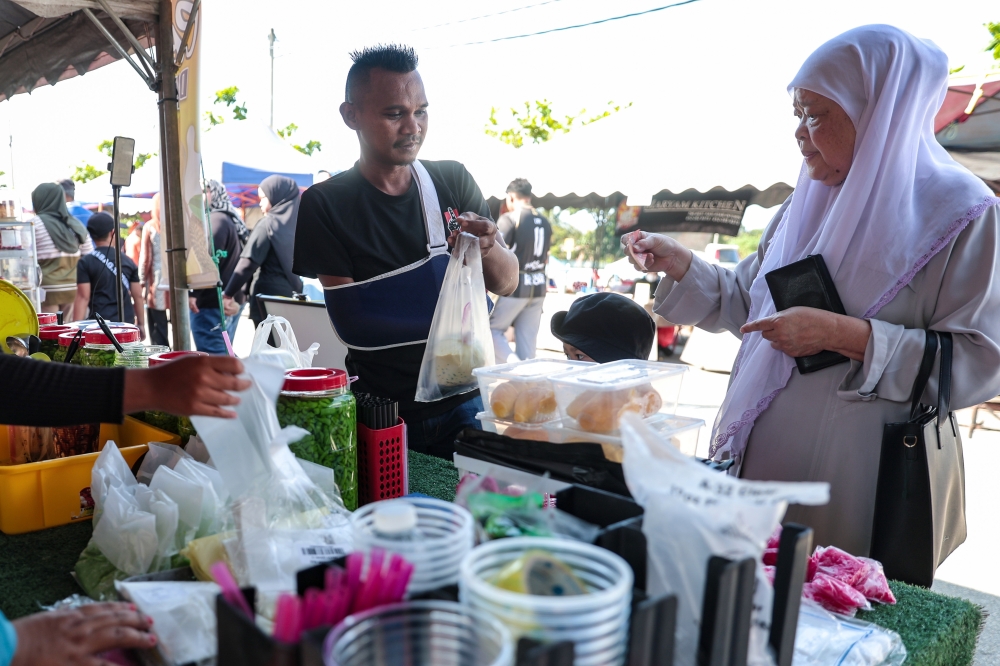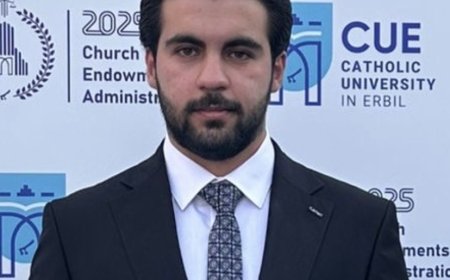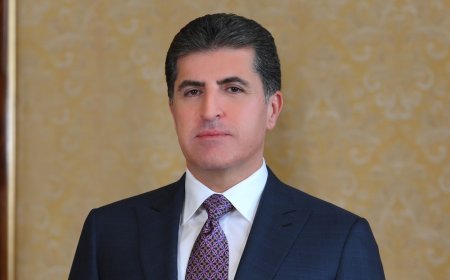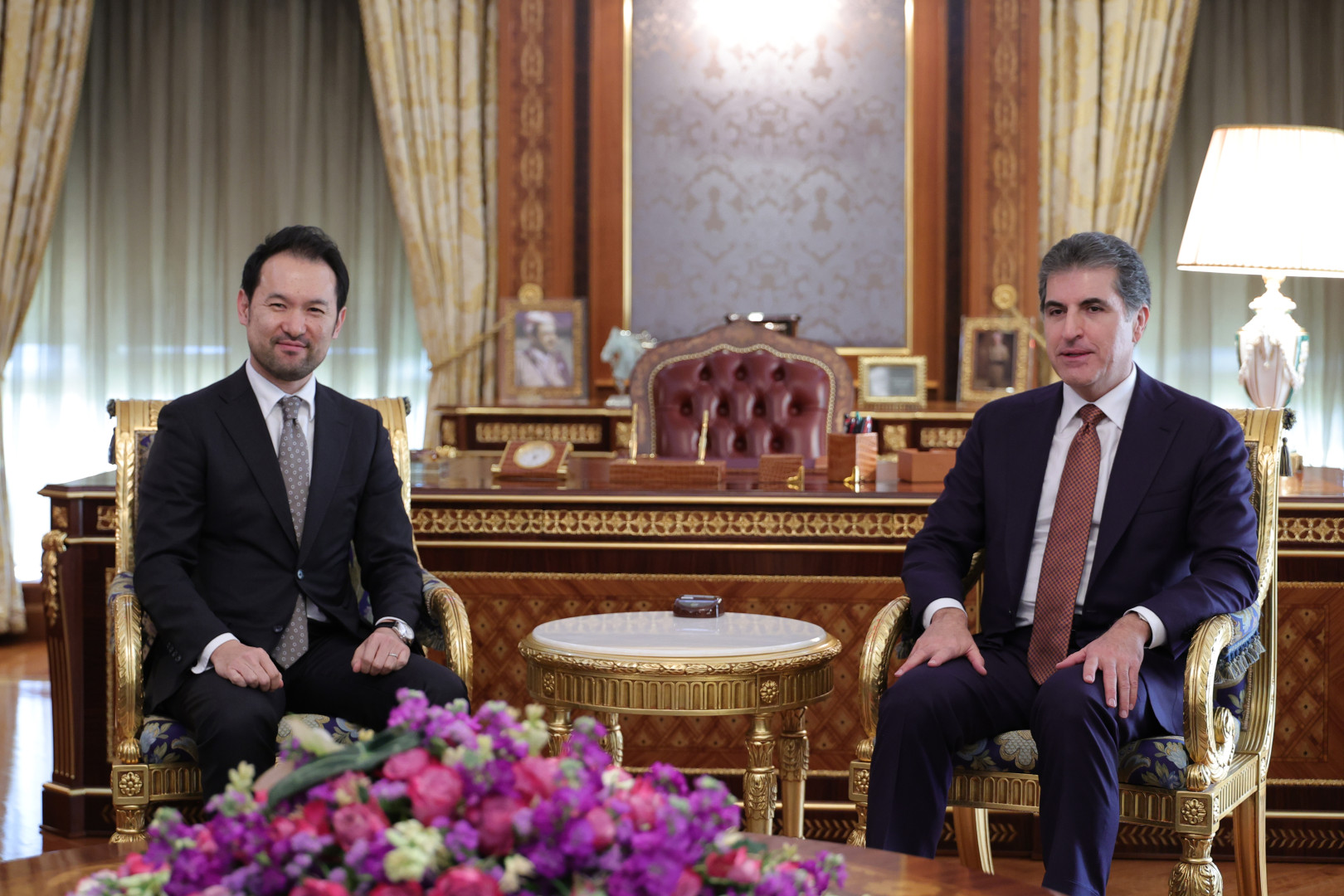Education is the foundation of all infrastructure
By: Halat Laz
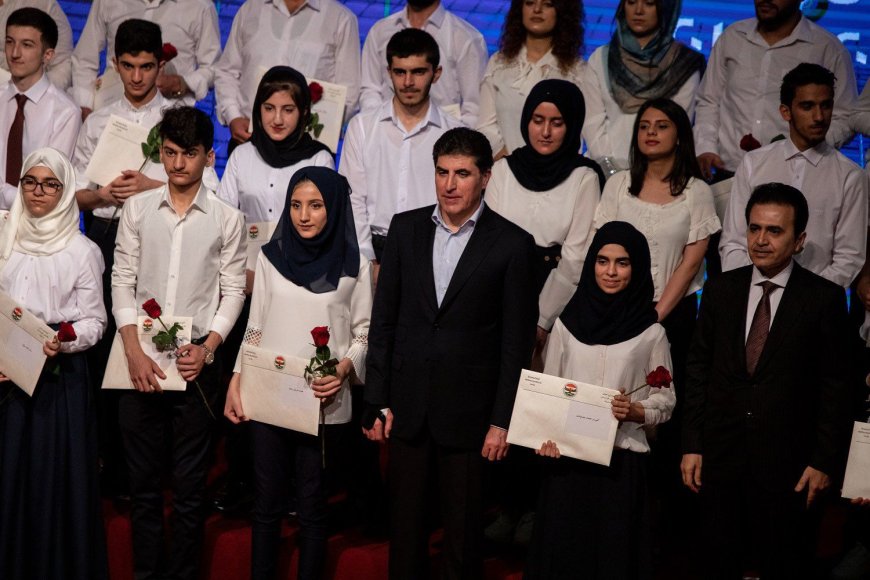
The new school year begins with the ringing of bells, carrying with it a message of hope that a new generation is preparing to lead the renaissance of this nation. A generation equipped with knowledge and skills, refining their character and developing their capacity for critical thinking and problem-solving, to grow confident, capable, and ready for lifelong learning.
It is the start of a journey that prepares cadres for the labor market, drives productivity, and fosters innovation and entrepreneurship—contributing to the prosperity of society and the improvement of living standards. At the same time, it is a call to achieve justice and equal opportunity, making education a bridge that narrows social gaps and grants every individual the right to build a better future.
As President Nechirvan Barzani has said: “I congratulated top students of the Kurdistan Region & commend their families and teachers. Further improving education system will remain one of my top priorities. Through education, science, & innovation, we guarantee our nation’s future & contribute to the world we live in.” These words embody the vision that education is not merely about classrooms, but about shaping the destiny of generations.
Yet such noble goals cannot be realized without a sound educational infrastructure, which requires significant effort from leaders and decision-makers. Here we recall the distinguished role of President Nechirvan Barzani in providing constant support for education, especially in rural and remote areas, with a far-sighted vision that recognized the essential needs of these communities: fully equipped schools, modern roads, and ongoing reconstruction.
Since 2004, the United States has contributed through Provincial Reconstruction Teams (PRTs), the U.S. Army Corps of Engineers, and USAID to the building and rehabilitation of schools in the Kurdistan Region. The Korean Zaytun Division (2004–2008) also played a pivotal role in reconstruction in Erbil, which later continued through KOICA by funding new schools—such as the 12-classroom Ta’ayuon Primary School in Erbil in 2022—and renovating 20 additional schools along with establishing a teacher training center.
Support has not stopped there. Several local and international organizations continue to work tirelessly toward educational equity. Among them is the Rwanga Foundation, which has renovated and built multiple schools in Erbil and Sulaymaniyah in partnership with GIZ, in addition to projects developing curricula and supplying schools with essential materials. Likewise, Vision Education has played a key role in modernizing the education sector, equipping more than 512 schools in Soran with around 4,000 pieces of equipment benefiting nearly 70,000 students and teachers. It also renovated schools such as Salahaddin High School in Sulaymaniyah, and contributed to advanced academic projects including establishing a phonetics laboratory at the University of Zakho and opening the Vision Library at the Catholic University in Erbil, housing more than 20,000 books. Moreover, it extended support to rural schools by donating desks to schools in the Juman district to improve the classroom environment.
In the end, the story of education in Kurdistan is one of resilience, partnership, and vision. From the ringing of school bells to the halls of universities, every effort made by leaders, institutions, and communities is a step toward building a stronger, fairer, and more prosperous future. Education is not only the foundation of progress—it is the promise of generations yet to come.

